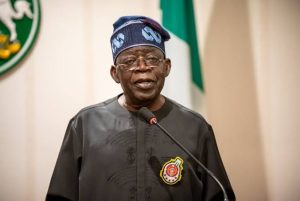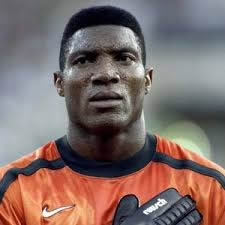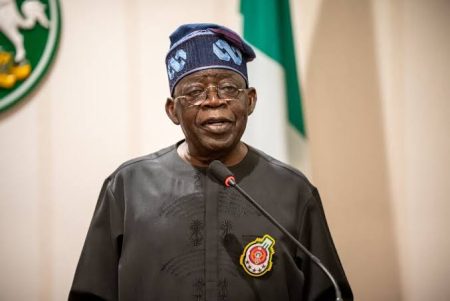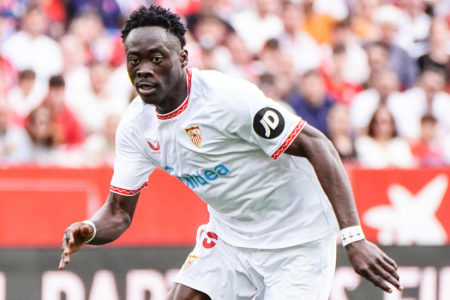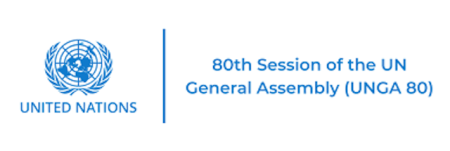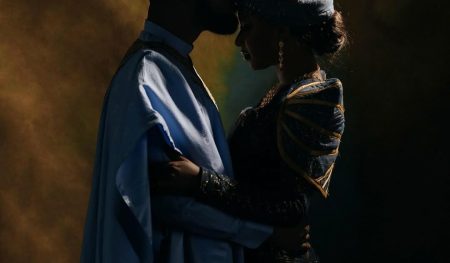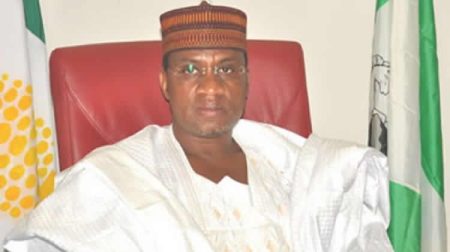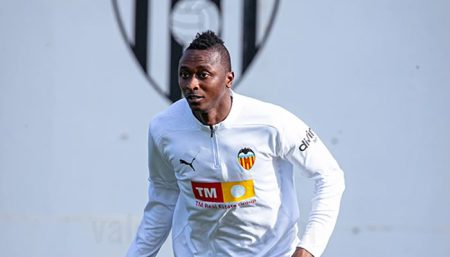Peter Rufai, affectionately known as “Keeper Rufai” and “Dodo Mayana,” was a Nigerian goalkeeping legend whose impact transcended generations. His nicknames alone speak volumes about his prowess, reflecting his synonymous association with the art of goalkeeping and his incredible agility and acrobatic saves. Beyond shot-stopping, Rufai commanded the defense, orchestrating his teammates from his vantage point in goal, a lesser-known aspect of his game. His flamboyant style, including juggling the ball and dancing between the posts, further cemented his iconic status, captivating fans and earning him the moniker “The Flying Cat” from renowned commentator Ernest Okonkwo. Rufai’s passing at 61 left a void in Nigerian football, marking the departure of a beloved figure whose legacy extends far beyond the pitch.
Rufai’s journey began in Idimu, Lagos State, but his football career blossomed after moving to Kaduna and Port Harcourt with his mother. He returned to Lagos to join Stationery Stores, where he shot to national prominence during the 1980 FA Cup final. Despite his team’s loss, his impressive performance earned him a spot representing Nigeria in the 1981 Cup Winners Cup. Though injury curtailed his involvement in the final, Rufai had already caught the eye of national team selectors, making his debut for the Green Eagles the same year. This marked the beginning of a two-decade international career studded with memorable moments and significant achievements.
Rufai’s international career culminated in the 1994 African Cup of Nations (AFCON) triumph in Tunisia. His crucial saves, including a penalty stop in the semi-final against Ivory Coast, propelled Nigeria to the final. In a dramatic final against Zambia, Rufai produced a string of stunning saves in the dying minutes, securing Nigeria’s second continental title. That same year, he led the Super Eagles to their maiden FIFA World Cup appearance, where they topped a group containing Argentina and Bulgaria, reaching the round of 16. Rufai’s pivotal role, particularly his crucial early saves against Bulgaria, solidified his place in Nigerian football history.
Beyond the national team, Rufai’s club career took him across Europe, with stints in Belgium, the Netherlands, Spain, and Portugal. He played for clubs like Lokeren, Beveren, Go Ahead Eagles, Deportivo La Coruna, Hercules, Farense, and Gil Vicente. Wherever he went, he garnered admiration not only for his exceptional talent but also for his humility and professionalism. Following his retirement from active play, Rufai remained in Europe, furthering his education and working in sports administration before returning to Nigeria.
Upon his return, Rufai dedicated himself to nurturing young talent, establishing the Staruf Academy to mentor aspiring goalkeepers and grassroots players. Despite his extensive experience and expertise, he chose not to serve as the Super Eagles’ goalkeeper trainer, opting instead to focus on his academy and personal business ventures. He preferred to avoid the political intricacies within the Nigeria Football Federation (NFF), maintaining a reserved approach. This decision left a notable void in Nigerian football, depriving upcoming generations of his direct coaching influence at the national level.
Rufai’s life, while filled with remarkable accomplishments, also held unfulfilled aspirations. He harbored a long-standing dream of building a mini sports complex in his hometown of Idimu, a project that never materialized due to land acquisition challenges. He also authored an unpublished book, a testament to his intellectual pursuits beyond the football pitch. These unrealized ambitions reveal a different side of the legendary goalkeeper, highlighting his commitment to community development and his desire to share his knowledge and experiences.
The news of Rufai’s passing reverberated across the football world, prompting an outpouring of tributes. The NFF hailed him as a “giant of Nigerian football,” while CAF President Patrice Motsepe recognized him as part of a “special generation of African Football players.” Super Eagles captain Ahmed Musa mourned the loss of a “true hero,” and former teammate Alloy Agu praised Rufai’s unwavering confidence and command of the goalpost. Dele Aiyenugba, a goalkeeper inspired by Rufai, expressed his personal loss, underscoring the profound impact Rufai had on aspiring keepers. The tributes, extending beyond the football community to national leaders, painted a picture of a man whose influence transcended the sport, embodying national pride and leaving an enduring legacy.


